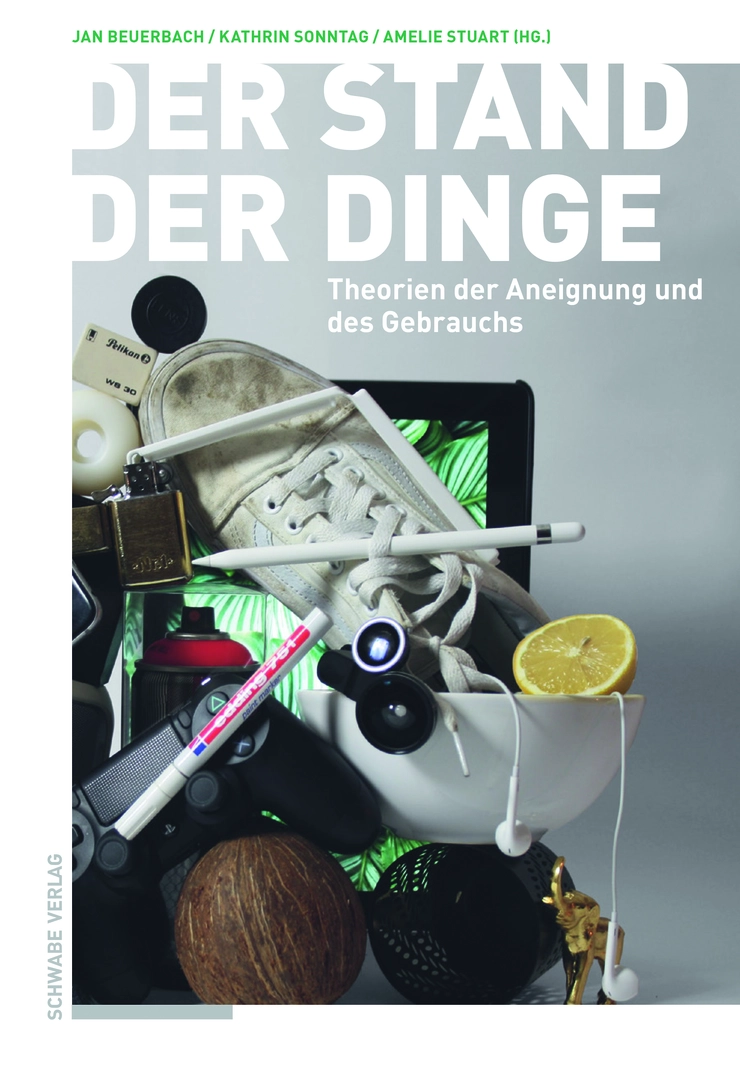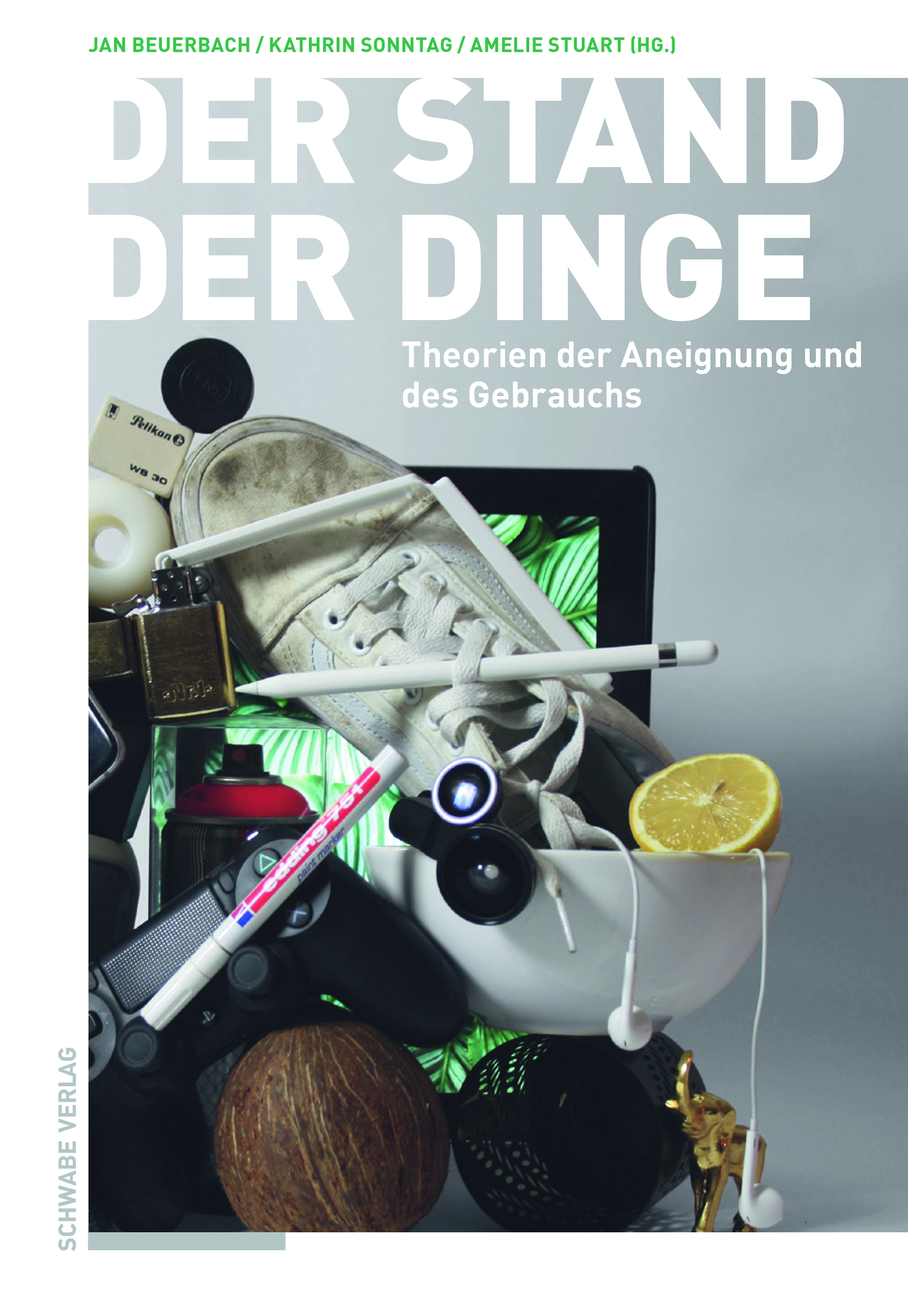In the modern age, human interaction with things is primarily regulated by property rights; in socio-economic terms, we behave in a consumerist manner towards things. However, understanding the world in the mode of availability and controllability is coming under increasing pressure due to resource scarcity, littering, social inequality and environmental damage. At the same time, we are confronted with an accumulation of abstract objects in digitalisation, the handling of which threatens to slip away from us. - It seems as if there is a certain unease about our relationship to things that is expressed in the modern crisis diagnoses of alienation and reification. Contemporary phenomena such as minimalist lifestyles, the recycling/upcycling trend, tiny houses and the associated advice culture can be interpreted as indicators of such discomfort, but also mark a search movement for new practices of use.
The philosophical core – both of the diagnoses of crisis and of the efforts to find solutions – lies in a redefinition of the relationship between subject and object, which we want to understand here as the relationship between person and thing. The modern notion of autonomous subjects as 'masters of things' can be contrasted with a growing number of approaches that emphasise the constitutive role of objects. Becoming a subject and acting essentially means entering into a relationship with objects. Hegel's dialectical mediation, Heidegger's fundamental ontological conception of 'being-in-the-world' or Adorno's 'primacy of the object' are also attempts to overcome the modern division and hierarchy between the disposing subject and the available object, as is the theorisation of the body by Foucault, Butler or Esposito. In this respect, contemporary discourses of Material Culture Studies, Actor-Network Theory or New Materialism are part of a heterogeneous but constant counter-tradition to do justice to the state of things.
The volume "Der Stand der Dinge. Theorien der Aneignung und des Gebrauchs" thus brings together newer approaches that are often critical of previous perspectives on things, as well as established positions on the question of the state of things. It emerged from a conference of the same name at the University of Leipzig in October 2020, organised by Jan Beuerbach, Kathrin Sonntag and Amelie Stuart, and contains contributions by Erfurt researchers Marcus Döller, Christoph Henning, Amelie Stuart and Martin Repohl.


